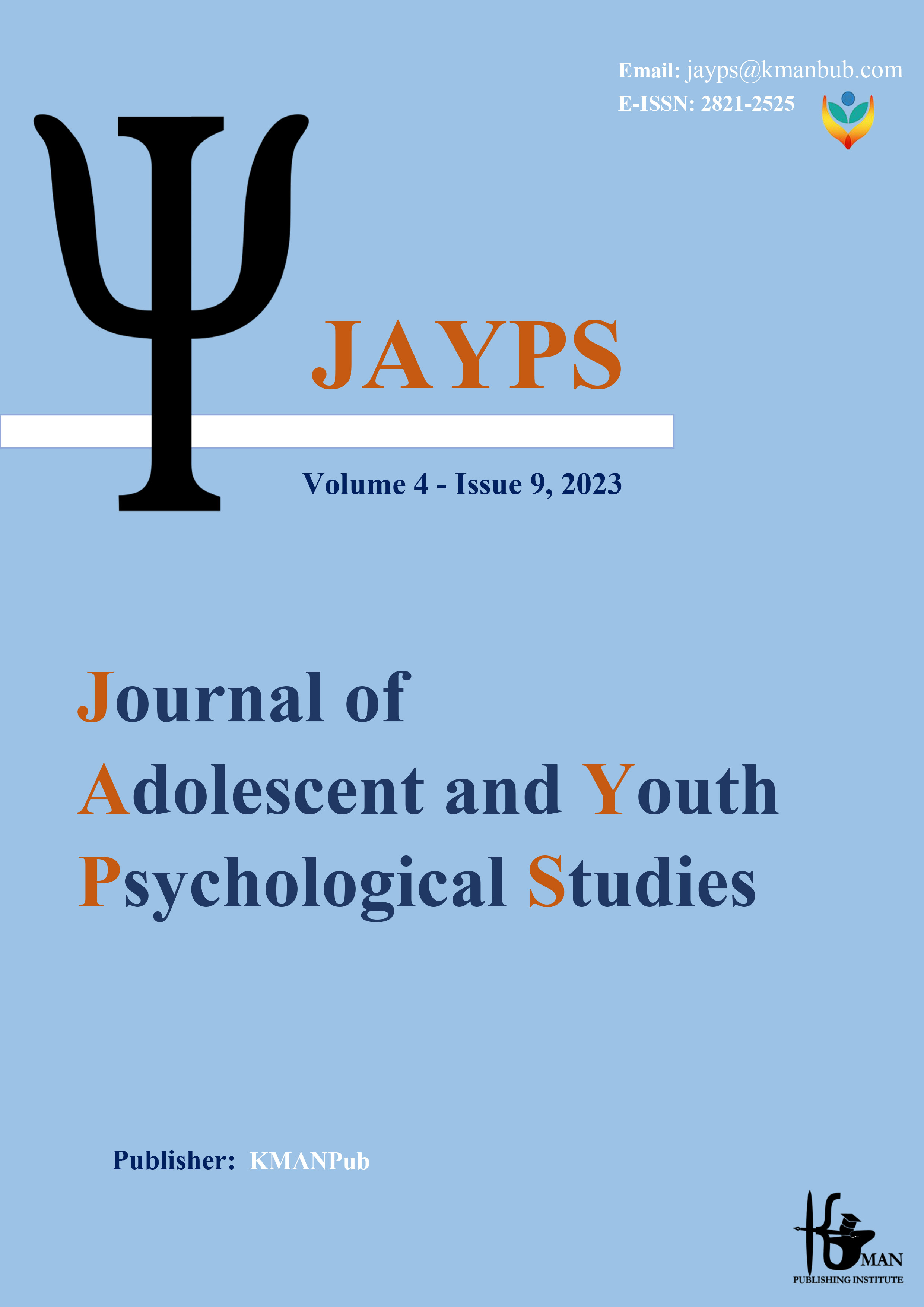The Effectiveness of Mindfulness Based Stress Reduction Training on Increasing of Emotional Intelligence, Job Satisfaction and Mental Health of a Petroleum Employees
Keywords:
Emotional Intelligence, Mental Health, Mindfulness-Based Stress Reduction, Shazand Arak Petroleum CompanyAbstract
Background and Aim: One of the major challenges of managers at different levels of the organization is how to create a suitable platform for employees so that they can perform their duties properly with responsibility and a sense of commitment, have the ability to adapt and adapt to the environment and enjoy their work and life. The main goal of this study was to investigate the Effectiveness of Mindfulness Based Stress Reduction training on increasing of emotional intelligence, job satisfaction and mental health of a petrochemical employees. Methods: The research method of this study was a quasi-experimental pre-test-post-test type with a control group, and the statistical population of this research was consisted off all employees who referred to the occupational health center of this Petrochemical company in June 2022. Among a statistical sample of 200 male volunteers who referred to this center, those their GHQ-28 score were one standard deviation above the cutoff point, 40 individuals were selected by purposive sampling method and randomly divided them to two experimental and control groups. The experimental group underwent eight sessions of 90-minute mindfulness-based stress reduction training (Kabat Zain, 2003), but the control group did not receive any training. The research instruments were the emotional intelligence questionnaire (Bradbury & Greaves, 2005), the general health questionnaire (Goldberg & Hillier, 1978) and the Minnesota job satisfaction questionnaire (Weiss, Davis, England, and Lafquist, 1977). SPSS-24 was used for statistical analysis of data. Results: The results of multivariate covariance analysis showed that mindfulness-based stress reduction training is effective on emotional intelligence, mental health, and job satisfaction. Also, the results indicated that mindfulness-based stress reduction training was also effective on the subscales of emotional intelligence and mental health. Conclusion: Therefore, it can be concluded that stress reduction training based on mindfulness can be used to increase emotional intelligence, mental health and job satisfaction of employees in industrial companies.
Downloads
Downloads
Published
Submitted
Revised
Accepted
Issue
Section
License

This work is licensed under a Creative Commons Attribution-NonCommercial 4.0 International License.









